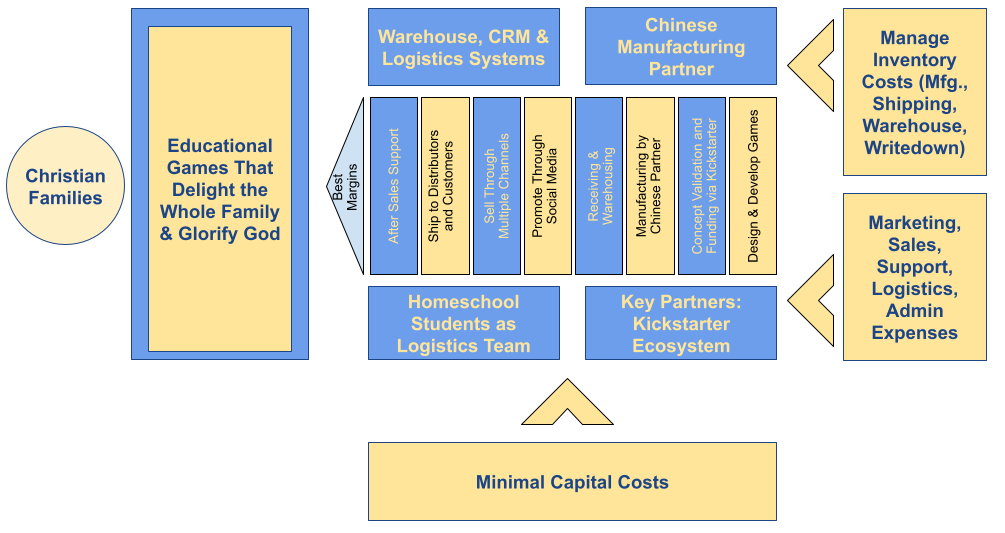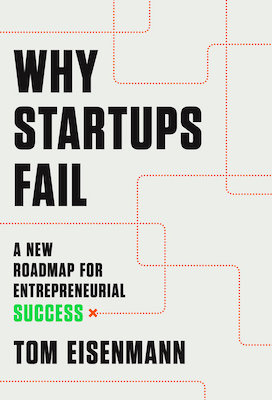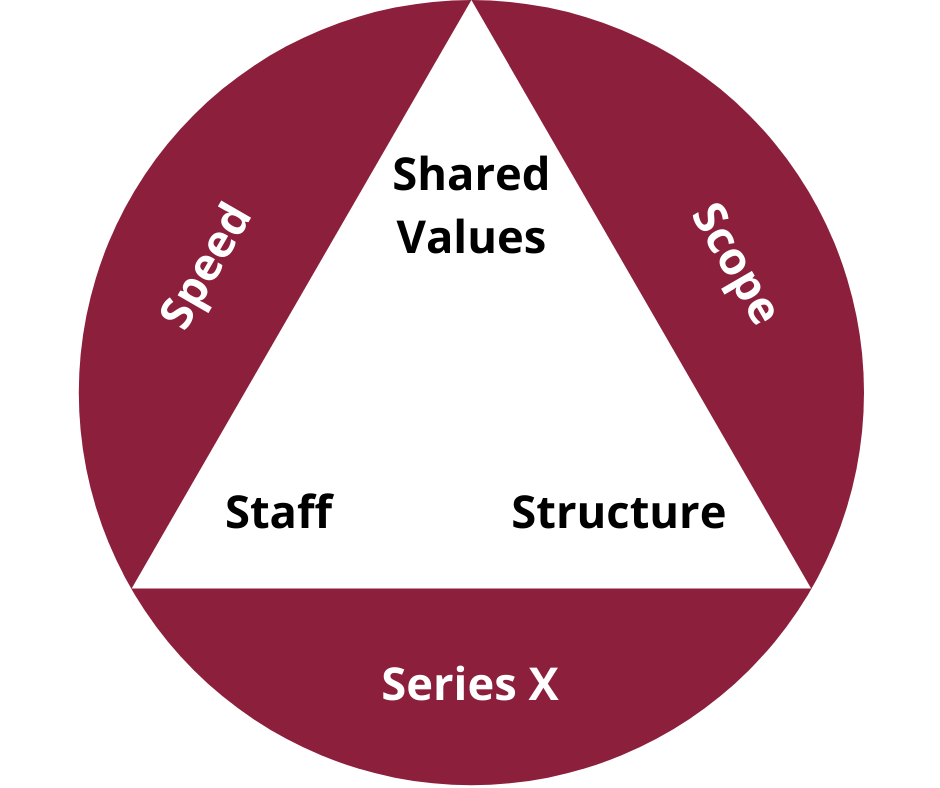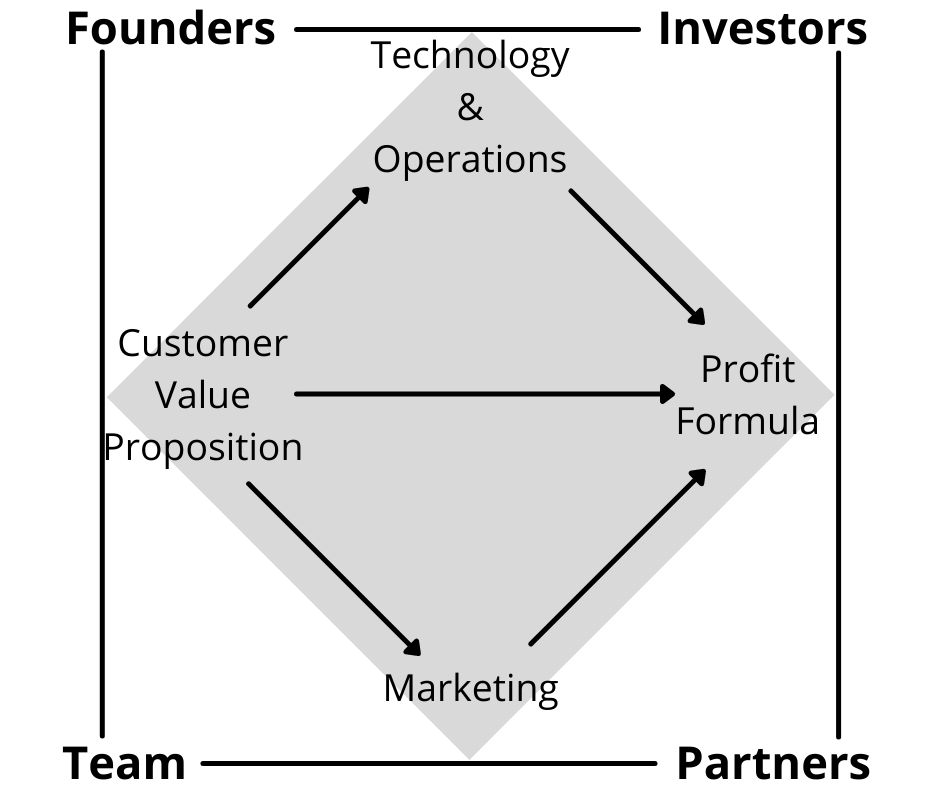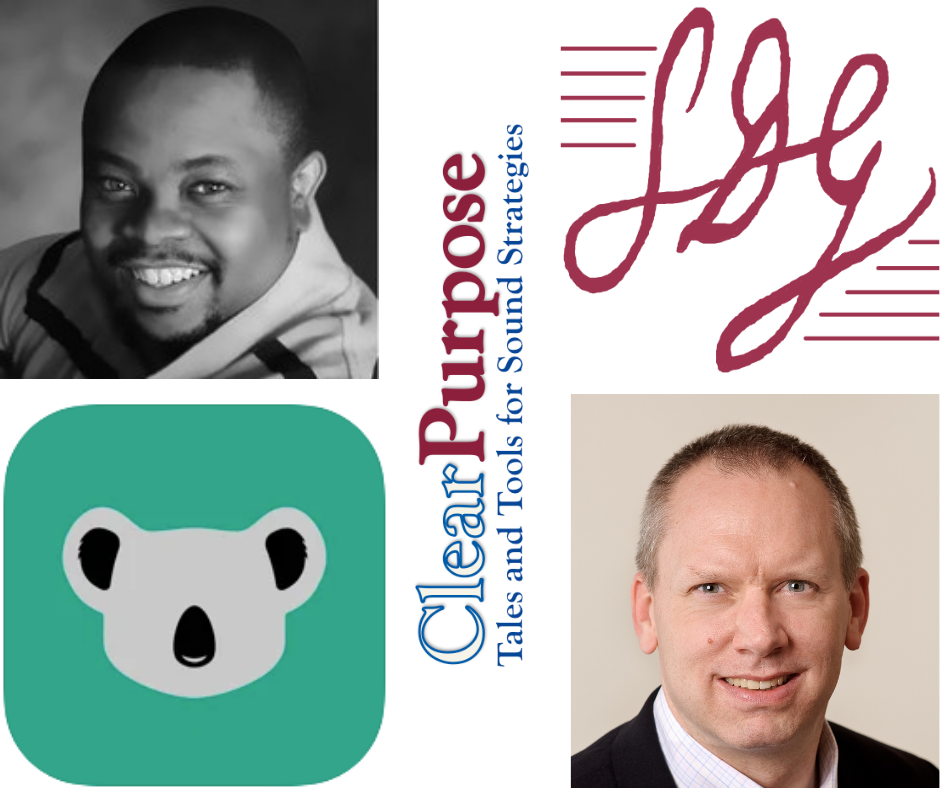SDG Games’ Operating Model
A company’s business model describes how the firm creates value for its customers and how it captures value from its customers. The operating model is the part of the business model that reflects value creation. So, what does SDG Games need to do to deliver the value (as promised in its value proposition) to its customers?
There are three potential paths to market for a board game. These three paths involve dramatically different operational activities, so it’s helpful for us to consider the operating model under each of these different approaches.
Read the full article here to understand how the operating model is developed under each of these paths.
SDG Games’ Operating Model Read More »

